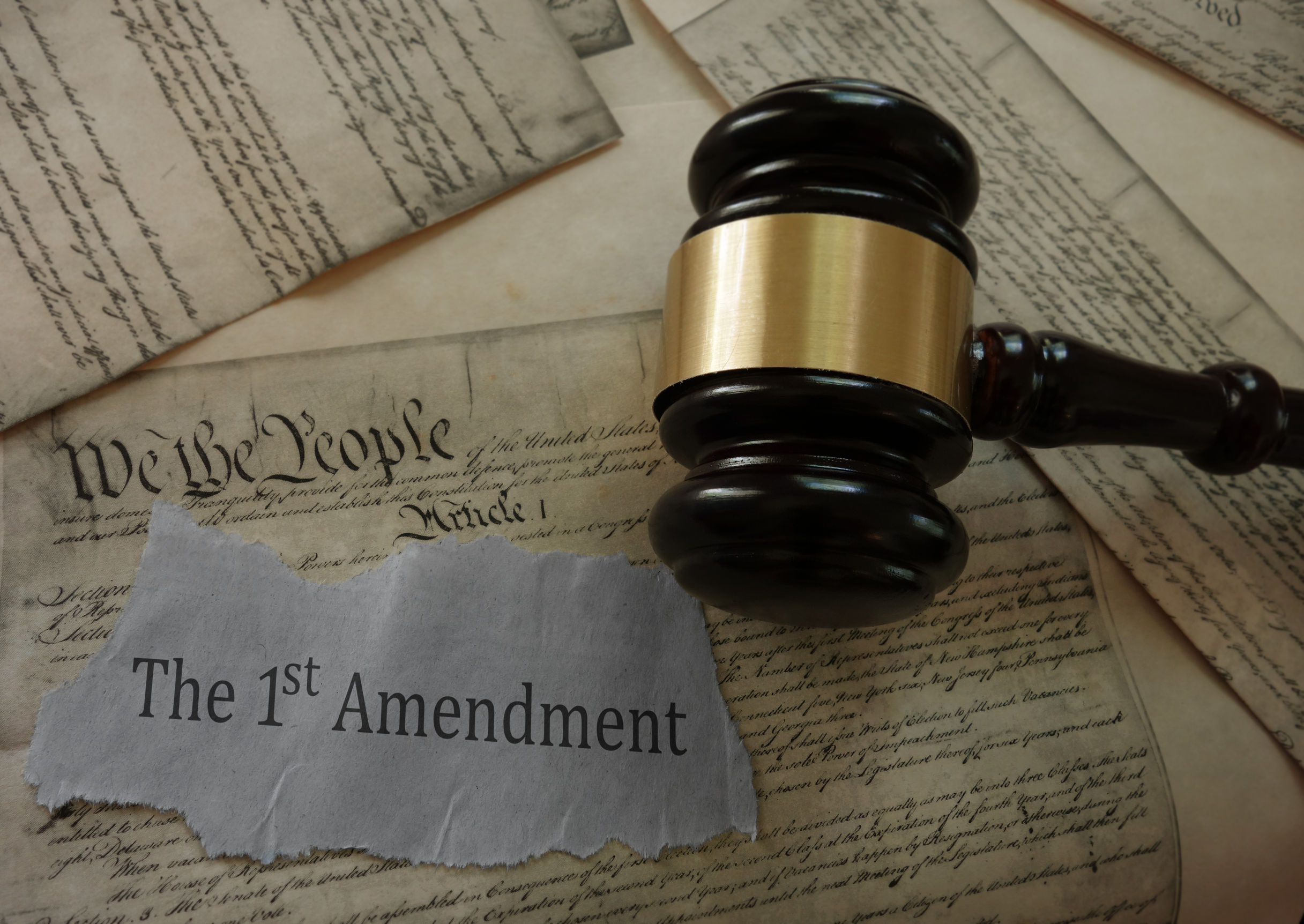Many of the more than 160 Executive Orders and Administrative Orders Gov. Whitmer and the Michigan Supreme Court have issued in response to the COVID-19 pandemic impact the legal system, the litigants, and their insurers. Below is a brief review of how these orders change important civil litigation deadlines ranging
The start of June brings further relaxed restrictions in the State of Michigan as the Governor announced an end to the Stay at Home orders applicable to most Michigan businesses. This is the Governor’s recognition of the State’s overall improvement in combatting COVID-19, correlating with improved tracing efforts, health system
Governor Whitmer’s Executive Order (EO 2020-104, the “Order”) aims to help prevent the further spread of COVID-19 by enabling additional types of qualified medical professionals to order and administer COVID-19 tests. The Order encourages the establishment of community testing locations by reducing barriers to siting and staffing such test sites.
Most state governments have responded to COVID-19 with executive orders and laws that restrict the public from certain activities, including religious assembly. Such limitations on activities protected by the First Amendment have resulted in a flurry of lawsuits – at least one that reached the Supreme Court – alleging First
The ill effects of the COVID-19 pandemic have touched all aspects of American commerce, and the doctor-patient relationship is no exception. Immuno-compromised patients, those with pre-existing conditions, and even the healthy are forgoing doctor visits of all kinds, likely out of fear of contracting the virus. In the first three
Governor Whitmer has built upon prior executive orders and clarified the process for returning to “in-person” work in Michigan via Executive Order 2020-97 (the “Order,” available here). The Order requires that by the later of June 1, 2020, or within two weeks of resuming in-person work, any company operating in
April 2020

Governor Whitmer Mandates Employers Develop COVID-19 Preparedness Plans To Perform “In-Person” Work
On April 24, 2020, Governor Gretchen Whitmer issued Executive Order 2020-59 (the “Order”), which extends the Stay-at-Home timeframe to May 15, 2020, and expands the universe of workers allowed to return to work outside the home. Key to the Order is the requirement that businesses with any employees working in-person
In addition to the Stay-at-Home provisions and exceptions in Governor Whitmer’s Executive Order 2020-42 which are outlined below, the Order requires business owners to address three legal requirements to conduct in-person operations. These are: (1) Preparation of a COVID-19 Preparedness and Response Plan consistent with OSHA guidance; (2) determine who,









